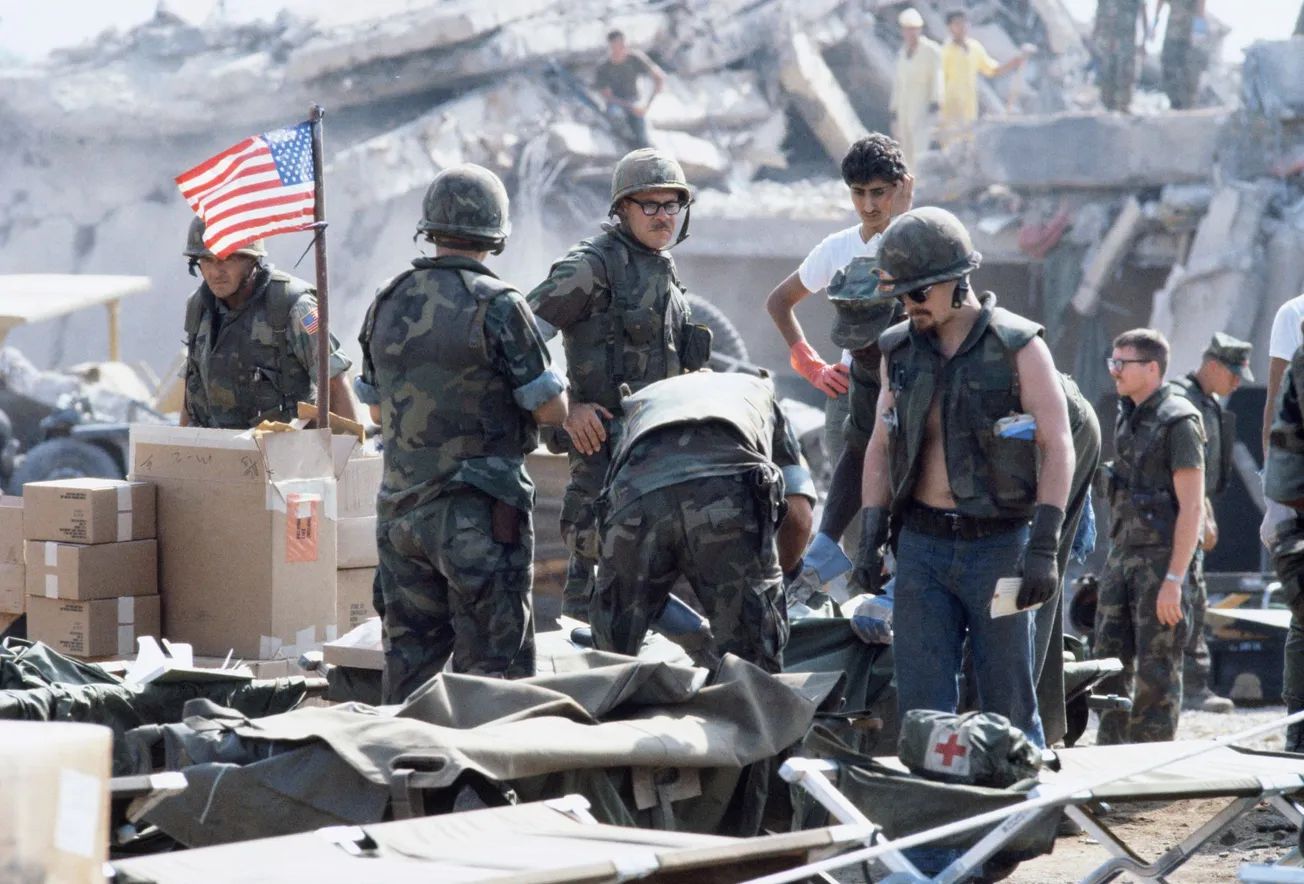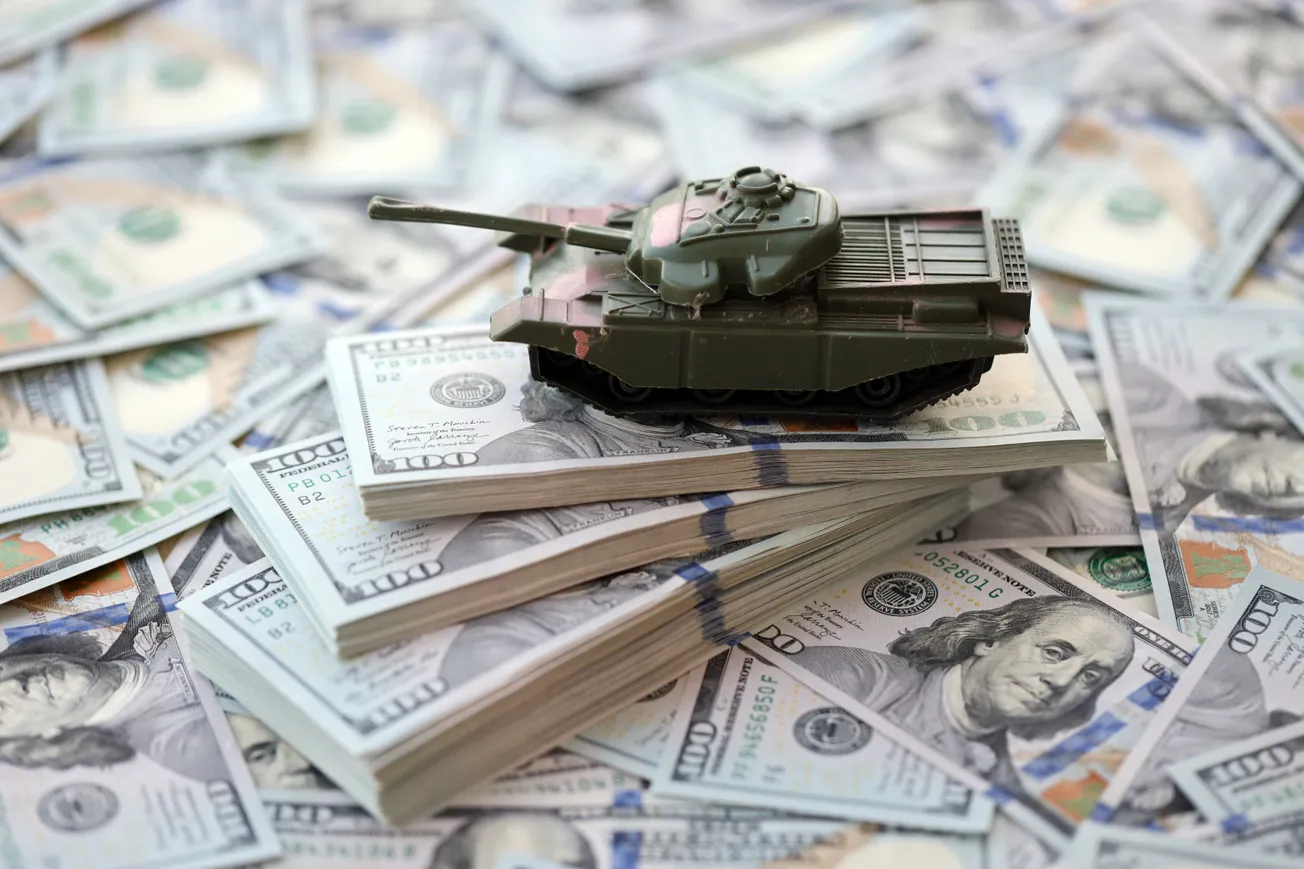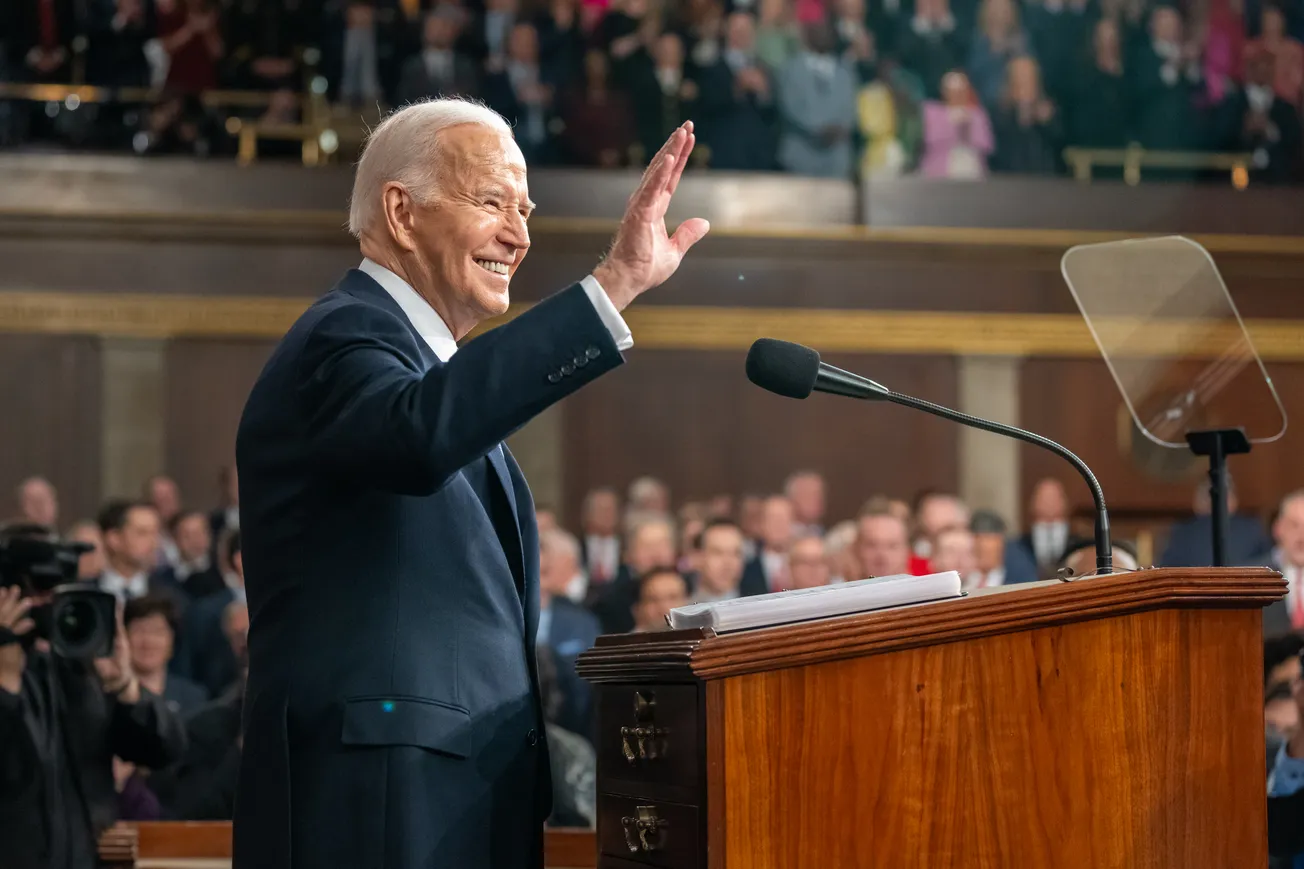- The 1983 attacks in Lebanon, including the U.S. Embassy and barracks bombings, are etched in American memory
- Iran's role in these attacks was confirmed by an interview with Sayyed Issa Tabatabai, a representative of Iran's Supreme Leader
- The interview also revealed Iran's sponsorship of Hezbollah
- Questions arise about Iran's response, U.S.-Iran relations, the nuclear deal, and potential legal actions
- President Biden must seek justice for the 1983 Lebanon attack victims, and his approach to Iran will be closely scrutinized by the American public as the election approaches
The horrific attacks on U.S. defense and diplomatic personnel stationed in Lebanon in 1983 remain etched in Americans' memory. Images of the bomb-wrecked American embassy and dozens of flag-draped coffins being brought home were some of the most awful moments of the decade that the country had to witness.
In the attack on the U.S. Embassy in Beirut on April 18, 63 people, including 17 Americans, died. Just months later, suicide bombers struck again. On October 23, 1983, two suicide bombers drove their explosive-laden trucks into the barracks of the American and French service members of the Multinational Force in Lebanon (MNF), a military peacekeeping operation during the Lebanese Civil War. The attack killed 241 American military personnel and 58 French troops.
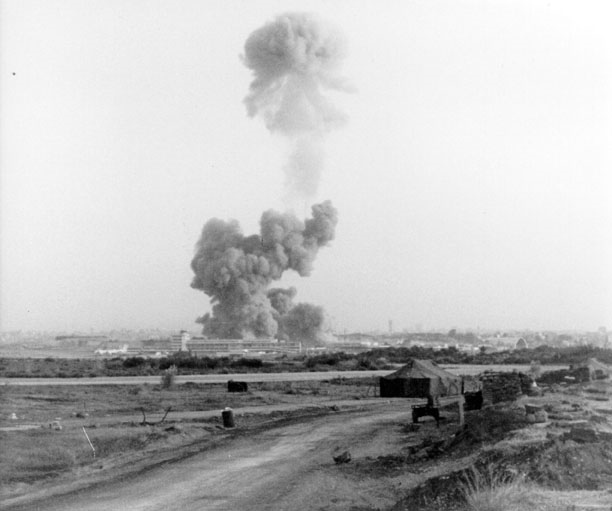
The American administration, under President Ronald Regan, accused the Iranian regime of orchestrating the gruesome attacks. The hard-line Islamic government vehemently denied the allegations and has continued to do so. Until now.
The Middle East Media Research Institute (MEMRI) has unearthed and translated an interview by Sayyed Issa Tabatabai, a representative of the Iranian Supreme Leader Ali Khamenei in Lebanon, to the Islamic Republic News Agency (IRNA). In his conversation with the state-controlled official news media, the diplomat says, "I quickly went to Lebanon and provided what was needed in order to [carry out] martyrdom operations in the place where the Americans and Israelis were."
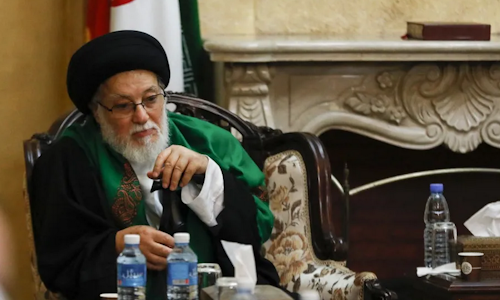
But the portion where he acknowledged that the fatwa or order to carry out such attacks was given by the then-Iranian leader Ayatollah Ruhollah Khomeini was removed from the IRNA website shortly after it was published.
While the exact date of the interview is yet to be ascertained, the information revealed in the interaction confirms the accusations made by the American administration. Not only is the Iranian regime behind the attacks that took place forty years ago, but they are also the sponsors backing Hezbollah, a terrorist organization.
Tabatabai says in the interview:
The efforts to establish [Hezbollah] started in [Lebanon's] Baalbek area, where members of [Iran's] Islamic Revolutionary Guards Corps arrived. I had no part in establishing the [political] party [Hezbollah], but God made it possible for me to continue the military activity with the group that had cooperated with us prior to the [Islamic] Revolution's victory.
Tabatabai's words are as good as official proof. The IRNA's actions, of first publishing and later deleting the interview, expose Tehran's ploys. The revelation and its timing pose a few questions. For instance, why did an Iranian diplomat confess to such involvement despite the Iranian administration's vehement denial for four decades? How will the Iranian regime respond to the interview? Will it prompt the clerical regime to own up to its horrendous actions? Who will be punished or made the scapegoat for such admissions coming to light?
But there are more pressing questions. How will the bombshell acknowledgment, akin to proof of involvement, affect U.S.-Iran relations? Will they continue to court Tehran with sops to revive the dead nuclear deal? Will the American administration take a more hard-line stance against the oppressive Middle Eastern country now? Will Washington pursue legal recourse and take Iran to The Hague? Will Tehran apologize or be forced to compensate those who lost their loved ones in the attacks?
With a representative of Iran's top leader admitting to the country's infamous role in killing hundreds of Americans, President Biden cannot afford to sit on his hands with an election looming ahead. America will judge the President on how he seeks justice for those murdered in Lebanon in 1983.
Related:
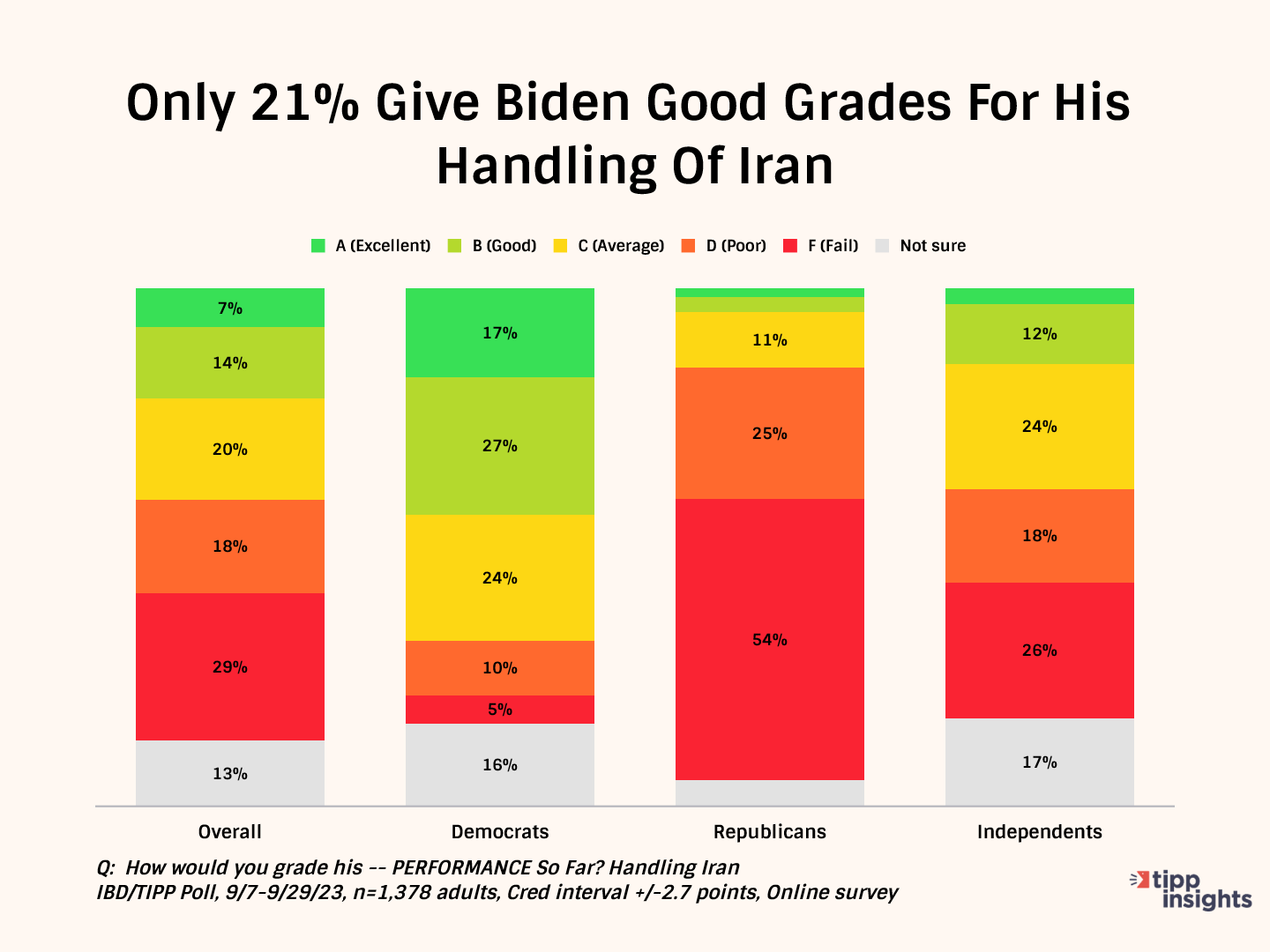
Like our insights? Show your support by becoming a paid subscriber!

